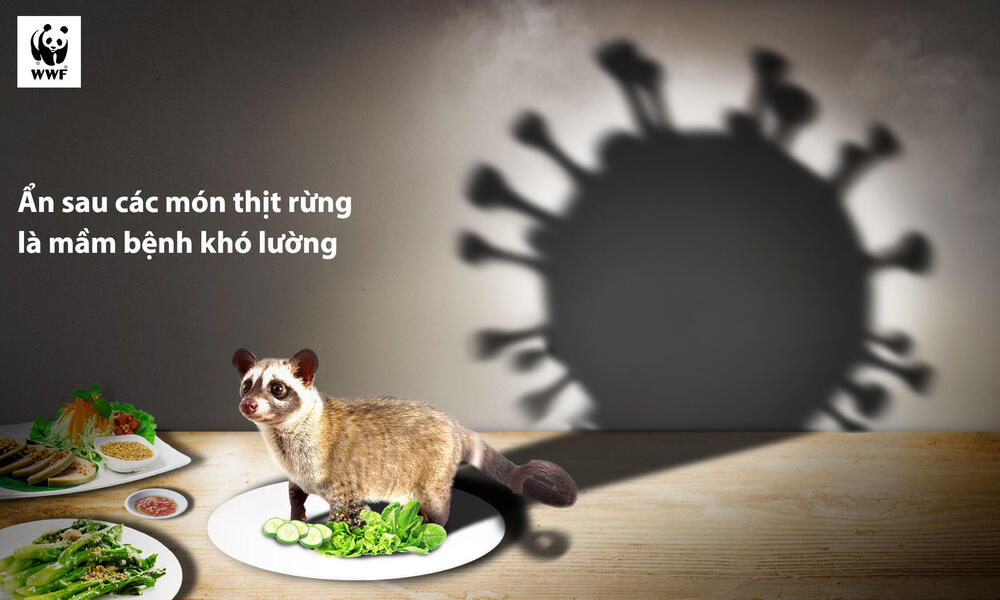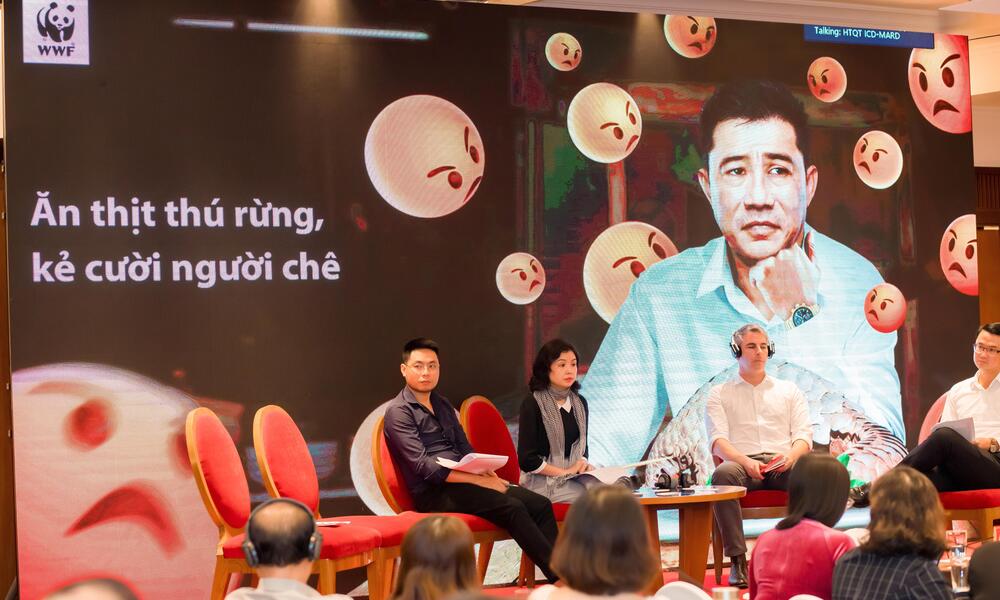These three countries have some of the highest observed levels of wild meat consumption, which often brings wild mammals, birds, reptiles, and amphibians into the marketplace and restaurants. Wild meat is a pricey dish in many places, representing wealth and high status, and is also considered to be a delicacy or nutritional with multiple health benefits. Such consumption heavily threatens the survival of wildlife populations, fuels transboundary and domestic wildlife crime, and significantly increases the risk of zoonotic spillover from animals to people. Most consumers tend to be unaware of the potential risk they are exposing themselves, their loved ones, and their community to when they consume wild meat dishes and how such choices can pose both a public health and conservation threat.
Because of the various complex drivers of wild meat consumption, Zero Wild Meat focused on reducing the consumption of particularly high-risk wildlife that could lead to zoonotic spillover and future pandemics, combining health and conservation messaging. In collaboration with national and provincial government agencies, business partners, non-profit organizations, media, as well as health experts and social media influencers, the message of the campaign—“a taste of wild meat brings unpredictable risks”—was widely spread both online and offline. The campaign sought to illustrate the adverse impacts of wild meat consumption, including the specific health risks, extinction potential of local species, loss of nature, and legal repercussions. This cross-sector collaboration was instrumental in ensuring that this campaign’s message was widespread and put in front of those who needed to see and learn from it.
Upon completion of the campaign, when asked, 95% of wild meat consumers who saw the message of the campaign said that they were convinced to altogether stop consuming wild meat, or less of it. Conservation—the protection of nature and prevention of wildlife extinction—is the most common reason in both Viet Nam and Lao PDR for not eating wild meat, followed by legality concerns in Viet Nam and the potential for disease occurrence in Lao PDR. In both countries, people who saw the campaign were more likely to reject wild meat than people who did not see the campaign due to concerns about diseases passing from animals to humans.

